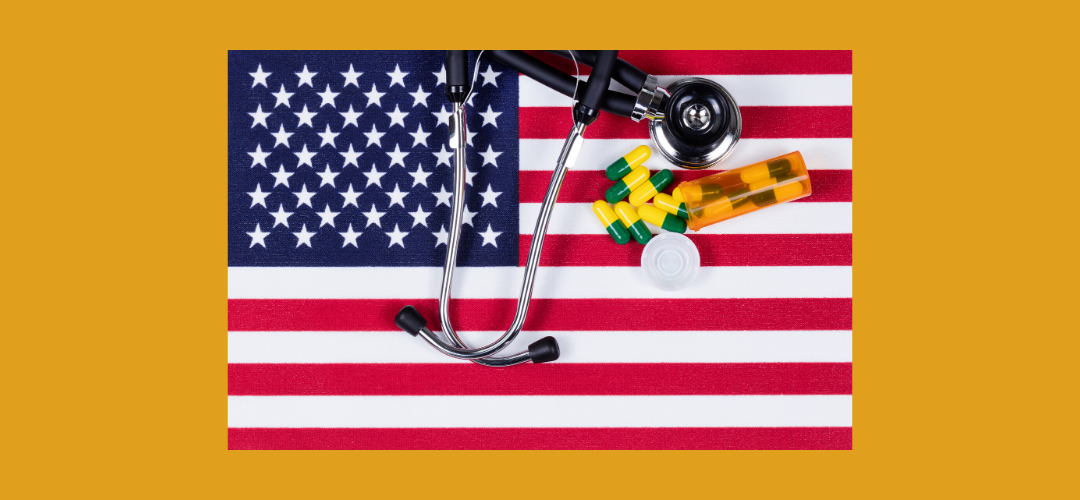by Gabriel Levitt, President, PharmacyChecker.com and Prescription Justice | May 29, 2020 | Health Insurance
Americans without health insurance are four times more likely to buy a prescription drug from another country due to cost. That’s from an analysis by the U.S. Centers for Disease Control and Prevention, National Center for Health Statistics, published in 2015. Not surprisingly, more comprehensive health insurance generally leads to greater prescription adherence, meaning people properly taking prescription medication. Due to the coronavirus pandemic, and a very uncertain healthcare system response in the U.S., 27 million Americans stand to lose their health insurance, according to a new survey and analysis by the Kaiser Family Foundation. More than I have ever meant it in the history of this blog, safe personal importation of prescription drugs can and should be a lifeline for Americans.
Further to the above, I implore those in government and the pharma-funded organizations who have say over this matter to take the requisite actions to make sure Americans have security in their access to more affordable medicines available online at international pharmacies. Last month, incredibly, the FDA was increasing personal drug import seizures, medicines that Americans had ordered because the prices are too high domestically.
(more…)Tagged with: Texas
by Gabriel Levitt, President, PharmacyChecker.com and Prescription Justice | May 22, 2020 | Drug Importation
PharmacyChecker pays close attention and has performed considerable research related to where drugs are made. Most notably, by researching drug labels and contacting drug companies, we found that 71% of brand name drugs sold in the U.S. are foreign made, a number far higher than the 40% figure regurgitated by the FDA year after year. Americans care a lot about this issue. One of our more popular Ask PharmacyChecker posts is called “How can I determine where a drug is manufactured?” But here’s something different to chew on: Even drugs that our research categorized as manufactured in the U.S. are often not really very “American.” In fact, many are categorized as imported and considered to be foreign-made pharmaceuticals by U.S. Customs and Border Protection (CBP).
(more…)
by Gabriel Levitt, President, PharmacyChecker.com and Prescription Justice | May 13, 2020 | Politics and policy
I’m on a roll here, agreeing with drug companies on an issue related to affordable medicines access. Last week, I wrote about Gilead’s messaging about remdesivir, the new Covid-19 treatment permitted via FDA’s emergency use authorization: namely that you can’t buy remdesivir online: if you try, you’ll be scammed. Often drug companies lie or pay others to lie about buying drugs online from other countries, but not in that case. This week, I’m agreeing with the Pharmaceutical Researchers and Manufacturers of America (PhRMA) that the Trump administration’s new rule on drug manufacturer co-payment cards is not good for consumers because it will prevent the co-payment from counting toward deductibles, which means higher costs for patients.
If you didn’t know, drug manufacturers blanket medical offices throughout the country with their co-pay cards. These cards are sometimes immensely helpful to patients going to fill a prescription for a brand name drug, particularly when there is no generic substitute. How? Simple: the drug company picks up the tab!
(more…)Tagged with: Gilead Sciences, remdesivir





